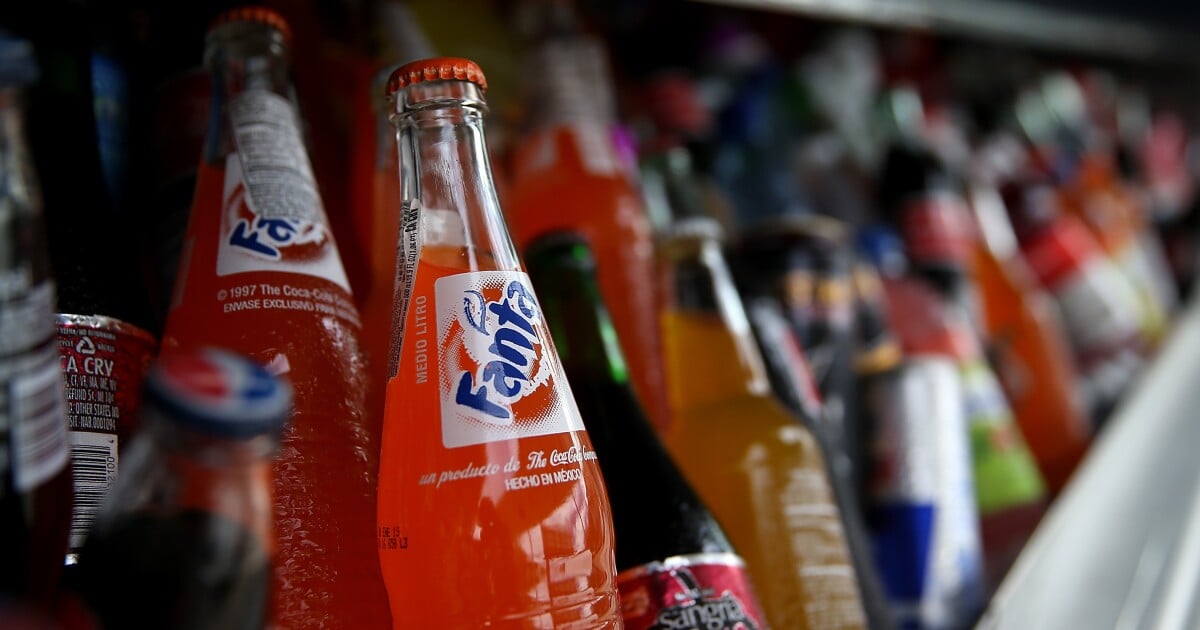Sales of sugary drinks fell dramatically across five U.S. cities, after they implemented taxes targeting those drinks – and those changes were sustained over time. That’s according to a study published Friday in the journal JAMA Health Forum.
Researchers say the findings provide more evidence that these controversial taxes really do work. A claim the beverage industry disputes.
The cities studied were: Philadelphia, Seattle, San Francisco and Oakland, Calif., and Boulder, Colo. Taxes ranged from 1 to 2 cents per ounce. For a 2-liter bottle of soda, that comes out to between 67 cents to $1.30 extra in taxes.
…
Kaplan and his colleagues found that, on average, prices for sugar-sweetened drinks went up by 33.1% and purchases went down by basically the same amount – 33%.



I know a few people that drive 45+ minutes to get to a Wegmans because it’s an “experience”, so I wouldn’t put it out of reach for someone to go across town lines for soda (and other stuff) if you consume a lot of it.
People be wacky, but on the average most folk won’t do that.
Generally diet or “zero” versions of soda were tax exempt because they dont have sugar, so that’s most likely what people moved to. Still likely a net health win.
Not when Cook County did it in Illinois. Zero sugar/artificially sweetened drinks were taxed at the higher rate, yet sugary fruit juices got a pass. I live on the border of Cook and Will county, so I just shopped at grocery stores outside the country. I’m not sure how long it was in effect, but they ended up cancelling it.